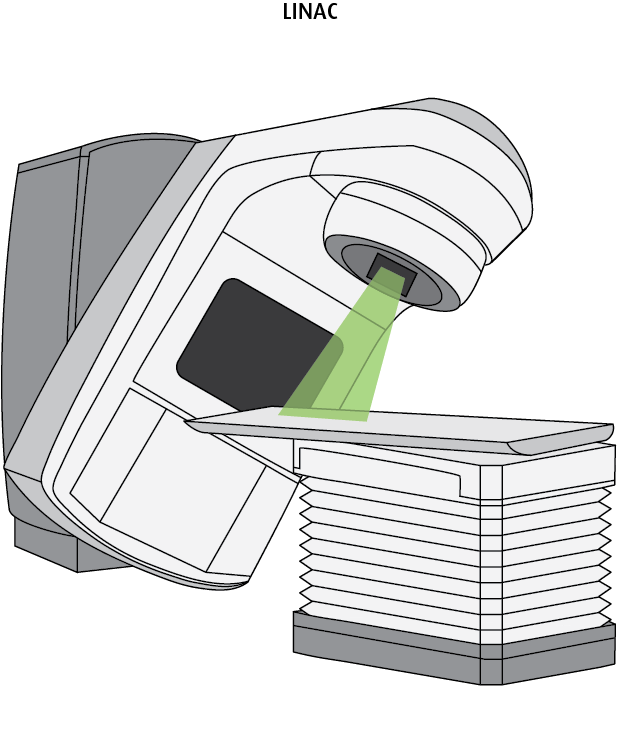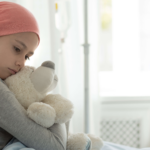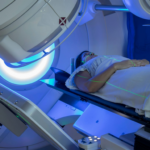
Radiation therapy is used in almost 2/3 of all the patients diagnosed with cancer. Whenever patient is treated with radiation therapy the patient gets some or other form of skin reaction because radiation has to pass through the skin to reach that tumor located inside the body. Generally skin reactions will not start within first two weeks of treatment. They will start at latter part of third week of treatment and they will gradually increase till treatment and. Skin reactions generally start decreasing one week after completing treatment and they gradually subside over three months. Most of the time the skin reactions are completely reversible but some people might have a little bit residual black tinge of skin. How to prevent skin reaction during radiation therapy? Skin reactions are less common in patients who are treated with higher techniques of radiation like IMRT. If patient is treated with old techniques like cobalt machine then there is higher chance of getting skin reactions.
Do not apply soap while taking bath on the area of a body where radiation therapy is given. You can wash the radiation area with Luke warm water. Don’t take bath with very hot or very cold water. Do not add any disinfectant in bathing water. Do not shave with blade if you are getting radiation to face and neck area. You can use
trimmer machine for shaving. Do not use aftershave lotion on face area. Do not apply any cosmetic creams, powders, deodorants, sprays in radiation area. Do not do waxing in radiation area. Do not apply adhesive tips on radiation area. Do not scratch in radiation area. You can clean radiation area by use of wet wipes which are commercially available.
Use loose and cotton clothes if you are undergoing radiation therapy.
This is to prevent friction of clothes with skin and to keep the radiation area dry. If you are getting radiation to
head and neck area then I advise you to use round neck T-shirt instead of collar shirt to prevent friction associated with collar. There is more possibility of getting skin reaction at sites where you have skin folds like area in lower part of pendulous breast or area having more sweat glands like axilla. Do not expose radiation Area to direct sunlight for a long time as it may cause more dryness
and increase in skin reaction. If you are having skin reaction associated with radiation you should consult your radiation oncologist. He might prescribe new topical drugs like gention violet or aloe vera depending on institutional protocols. If any patient is having severe skin reaction then patient might need treatment interruption for few days.




